Most people ignore their spending habits and overextend themselves financially that they tend to simply because they forget one very important factor that affects their financial goals: keeping a budget. This can be done with the help of an app, a worksheet, or spreadsheets. Your budget can be personal or for your household and you can also have both.
For some, the word budget has a negative connotation, some even dread it. The word “budget” for them may mean anywhere from living super minimal up to denying pleasures and self-deprivation.
But it doesn’t have to scare you that much and sticking to a budget shouldn’t have to be stressful. In fact, keeping a budget helps you fast track your savings, manage your expenditures, and lets you make good financial decisions. Building a budget also contributes to a person’s overall wellbeing.
Here at TheFinanceBoost, we help you get better at moneying. That is why we always aim t being you tips and ways to help you save and ultimately reach your financial dreams. Your journey towards financial freedom definitely starts with proper budgeting.
Why Budgeting is important?

Whether you’re living on your own, with your partner, and/or living with kids, there’s no doubt that keeping track of your household budget can seem like a daunting task.
Most of the time, it’s easy to forget just how much you need to set aside for all the countless expenses you have, especially when you do all the accounting in your head.
Eventually, at some point during the month, you realize that you’ve either overspent, run out of money, or just outright forgot to pay some bills. Then you’re left wondering, where did all the money go? With a budget, you can avoid this problem.
A budget can be likened to a blueprint for your dream house. Simply put, it is a spending plan you create for your money before you even spend a cent.
A good budget will give every dollar a specific job to do. So, if you want to go on a vacation to Paris, your budget will show you if it’s possible financially.
In fact, 80% of Americans are now on a budget. That is according to the latest survey which reveals that more Americans than ever are budgeting.
Related: How to Budget and Save Money To Transform Your Finances
What should a monthly household budget include?
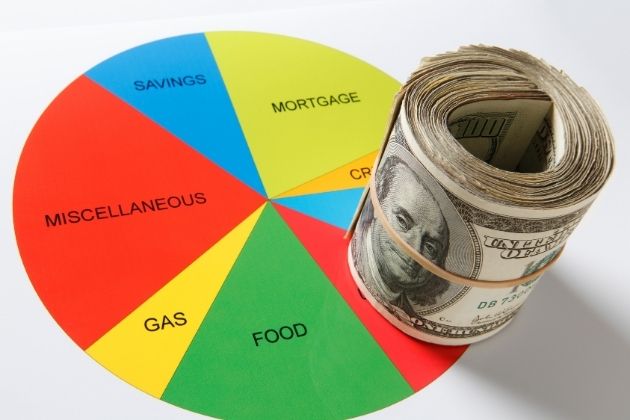
Now, we all have different purposes and goals as to why we budget. Maybe it’s to get out of debt, save for college education, for a big purchase, or simply to track all expenses. Whatever the goals and motivations for creating your budget, remember not to get too overwhelmed about it.
In general, a monthly household budget covers all your income and expenses (debit and credit). From your rentals, mortgages, maintenance, and repairs to food, cars, insurance, medicals, groceries, and so forth. You have to be thorough and bring all of your income and expense statements to the table.
5 Factors That Will Impact A Household Family Budget
In order to maximize your spending plan or budget, you have to understand the factors to consider so that you can make sound financial decisions.
1. Size of household

Does size really matter? The short answer is yes it does.
Of course, the expenditures that will reflect on your household budget will depend on the size of the family. If the family is large, the amount spent on the needs of the more members will be more. Likewise, if the number of family members is less, the amount spent will be less also.
The number of adults and children determine the size of the household.
2. Income Structure
First and foremost, determine your income structure. Is your income fixed or variable?

When we say fixed, it generally means you are paid a fixed annual salary or an hourly wage. Every end-month, you already know how much money is coming in so you can better prepare. While on a variable income, you have the capacity to earn more, compared to a fixed one.
This is because a variable income is one where, on top of your based pay, you may also receive a bonus or a commission. Basically, your income varies. Variable income is common among the self-employed, business owners, or commission sales employees.
You should also take into account if your family is operating on a single income or if you have multiple streams of income.
Factor in your partner or spouse’s salary and combine yours with it, if you are a dual income household. Certainly, if you are part of a dual-income household, you can have more capacity to save adequately.
Other means of multiple income streams can be a result of an investment or a side business you have. This can be your buffer for extra income or can help you create a contingency plan/emergency fund.
With a single income household, you are more at risk with your budget because there’s only one source of income. The best thing to do in cases like this is to focus first on building your emergency fund.
Once you have 3-6 months’ worth of living expenses saved, you can now shift to saving for your retirement or any savings goals in mind.
3. Income Stability
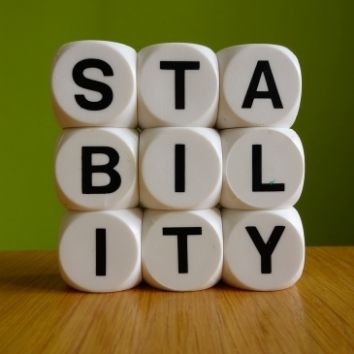
How stable is your income? A temporary or contract employee is most likely less secure at their job.
Also, job security levels vary across industries. You also have to keep in mind the fluctuations of the economy and be aware of how external factors can affect your ability to earn.
4. Spending Habits
How good is your cash flow? Is there more cash outflow in your household budget worksheet compared to the cash inflow? Classify your expenses (we’ll discuss this further) and identify what your major expenses are and how your money is spent. Make sure your household budget worksheet includes a savings schedule that will prevent you from taking on debt to cover expenses.
5. Lifestyle

Are you living above your means? One big factor that contributes to building a realistic budget is examining your lifestyle and how you consume. This exercise would help you take note of what changes to make to make sure your expenses don’t swallow up your income.
Factor in your personality as well. Are you detail-oriented or a generalist? Remember that your household budget worksheet should be unique and based on who you are and that you are in control of it.
You can use different budget apps to automate your savings and budgeting or you can also go with the classic pen and paper. Whatever the case, there’s a budget for you.
Learn more: Free Monthly Budget Templates – Easy Control of Your Money
7 Simple Steps to Create a Household Budget Worksheet
Truth be told, there is no one size fits all for budgeting. The good news is that you are in control of your finances and you can choose which method you are comfortable with, which apps to use, or whether to follow a traditional method of budgeting. It all depends on you.
Whichever approach you choose, you have to follow these simple ways to build your budget effectively.
1. Choose your Budgeting Tools

How to really get started? Well, the first step is to ask yourself which method you want to use. As I mentioned before, both the classic paper and electronic budgeting means work well and there are a lot of budgeting apps out there to help you automate your process.
If you want a very easy way, you can use financial software or budgeting apps. They save time and reduce errors. Some of these apps are free too.
However, if you like the old fashioned way, you can resort to pen and paper, or spreadsheets. If you’re someone very detailed and like a lot of personalization, this might be more your drift.
Go for whatever you’re comfortable with that can help you stick to your budget.
2. Bring Everything to the Table
By this, I mean gather all your financial statements; your bank accounts, monthly income, any documents of your earning statements, receipts, bills, credit card statements, payroll checks, all of it! With this, you can gather all the necessary information about your finances and create an accurate household budget worksheet.
3. Locate all your expenses
After collecting all relevant financial documents, it’s now time to list all your expenses and categorize them to manage them easily.
Basically, there are two types of expenses – Fixed and Variable Expenses (sound familiar?)
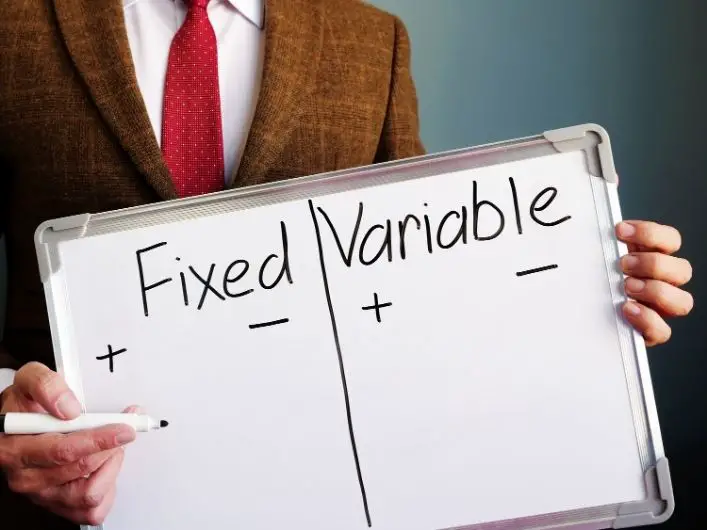
Fixed Expenses are those recurring payments that are consistently paid. They generally don’t change and are paid regularly. They are often reflected as “needs” rather than wants. Examples are:
- Mortgage/rent
- Car and Health Insurance
- Utility Bills
These are just a few examples.
Learn More:
Rent and Save: How to Save Money While Renting
Variable Expenses, on the other hand, are expenses that can change monthly depending on your lifestyle, spending habits, or choices. Basically, the opposite of fixed expenses and is mostly reflected as “wants”. However, not all variable expenses are discretionary expenses, some of them can be needs as well such as transportation costs.
Theoretically, it’s easier to make adjustments to your variable expenses for your budget, but it also requires you to adjust your habits.
Examples of variable expenses are:
- Eating out
- Entertainment
- Gifts and Travel
- Gas
You may also refer to the spending tracker worksheet provided by The Consumer Financial Protection Bureau to simplify your process.
4. Compute your income and expenses.
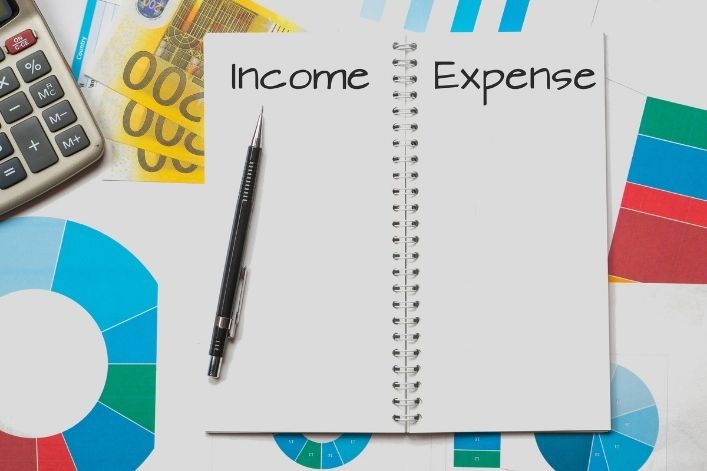
Now that you have everything that you need, it’s high time to work on the actual budget
Your income or take-home pay is the most important here in budgeting. Any money that you regularly receive can be considered income for your monthly budget.
Here’s how to determine your monthly take-home income:
If You Are Paid Bi-Weekly: Multiply your take-home pay for one paycheck by the number of paychecks in a year: 26. Then divide this number by 12 to get your monthly income.
If You Are Paid Weekly: Take your weekly pay and multiply it by the number of weeks in a year: 52. Divide this number by 12 to get your monthly income.
If Your Pay Fluctuates: If your pay fluctuates based on tips, varying hours, and/or commissions, you can still calculate an estimated monthly income by adding up three months of income and then dividing by three.
Now, take a look at your expenses and add up your expenses for that month.
At the end of this exercise, if your income exceeds your expenses, CONGRATULATIONS! That means there’s extra money that you can allocate wherever you want, but I suggest you add it to your savings.
On the contrary, if your total expenses are greater than your total income, it’s not the end of the world. The great news is that now you can make adjustments and see what areas in your spending to improve.
5. Control Your Spending
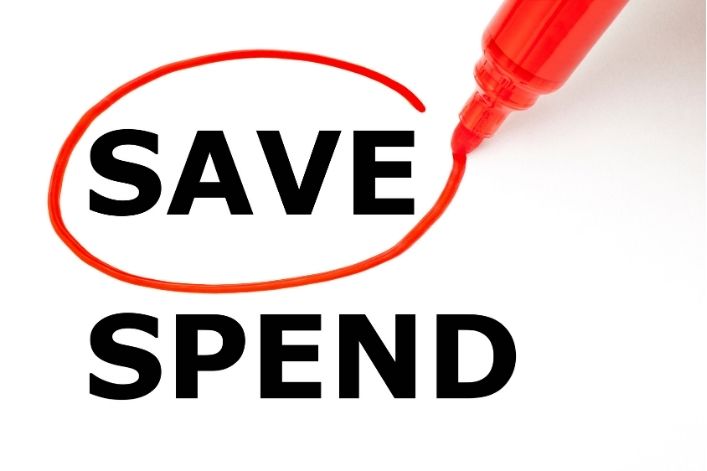
Now that you have an idea, based on your computations, of what’s your financial situation is, look back at those expenses you might want to reconsider. For example, your Starbucks bill.
When you buy a $4 coffee here and there, you may realize how much money you spend on just your coffee. But, when you look at the total cost you spend on coffee in a month and in a year, you might be in for a shocker.
Analyze your variable expenses again. Look for which ones you can cut off such as subscriptions, cable services, and memberships you no longer use.
Plan out your grocery shopping and when you go to the store, bring your list with you too. Buy only the essentials and what is on your list so that you don’t give in to impulsive buying. A monthly grocery plan can save you time and energy. You can consider a weekly grocery plan for perishables and fresh foods. Either way, stick to your grocery list every time.
6. Pay off Debts
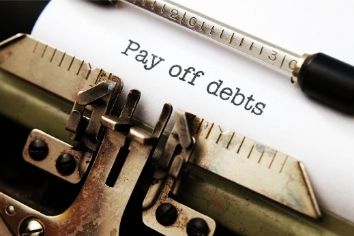
Paying off debts is one of the top goals of any family’s financial plan. It’s also one of the reasons why people now pay more attention to budgeting. Additionally, according to a 2020 survey, 31% of Americans started budgeting to help them eliminate debt.
It’s advisable to pay off your debts first before you start to save, invest, or splurge on big purchases. Clearing your debt can also help you attain a high credit score as well.
Set money aside in your budget to pay down your debts.
7. Track, Evaluate, and Adjust
Now that all the cards are on the table, you are now able to make clear and concise financial decisions based on your budget. It surely helps you feel empowered to discover your financial position and know how to fix a bad situation.
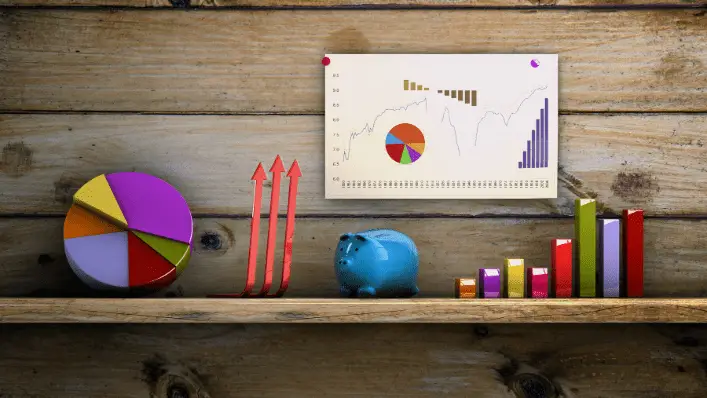
Whatever the result may be, always remember that you can start right here, right now. You can modify and adjust your finances, see where you can cut costs and generate additional cash flow.
Keep dedicated columns for all your spending and earnings and maximize the usage of your household budget worksheet.
Final thoughts
A well-defined budget worksheet is one that you can stick to and will actually help you take your finances to the next level. It takes discipline to create and follow a realistic and truly effective budget.
I personally keep a budget of my own. I’ve been a budgetary ever since. Sometimes, I’ve also forgotten to note the small expenses, which when added up, become a huge mountain of expenses. That’s why my advice is to watch out for those seemingly harmless tiny expenses.
Using budget apps is more convenient for me, but occasionally I use pen and paper when I’m in the mood. I use budget worksheets too for my daily finances. So, really, it all depends on which will work best for you and your family.
Learn to restrain yourself. My personal mantra is if I can’t stop thinking about it, then I will buy it. But for some this requires a high level of consciousness. Next time, when you want to buy something, think again before going ahead with the purchase.
Here’s one trick to use for big purchases; Ask yourself “Am I able to buy 3 of these comfortably?” If not, then don’t buy it for now.
Use only cash when buying things so that you will be conscious of how much money you actually have at that moment. Most of the time, with the use of credit cards and electronic payments, it’s so easy to spend because somehow, it doesn’t feel like we’re spending real money.
Lastly, stay consistent with your budget, clear your debts and manage your finances like you manage your own life.
Share your experience with creating your budget or tell us about any struggles you’ve encountered in keeping a budget. I would love to hear from you!
Happy Budgeting!


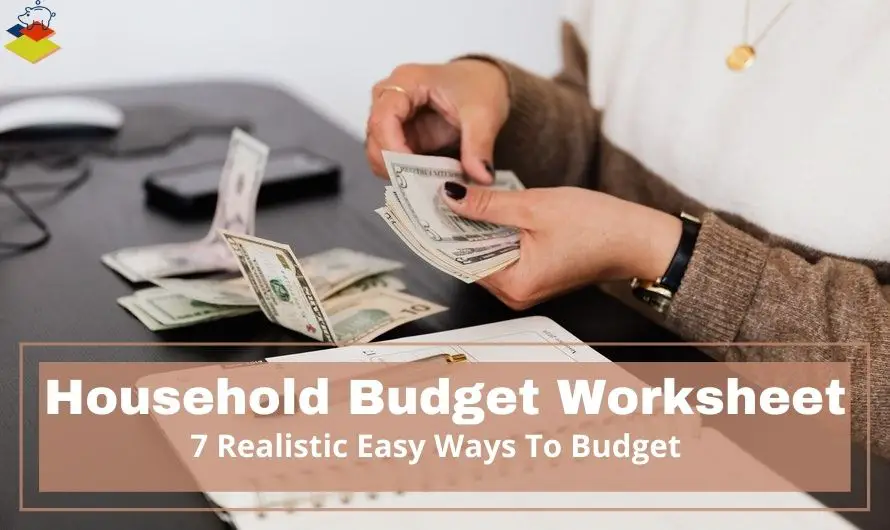




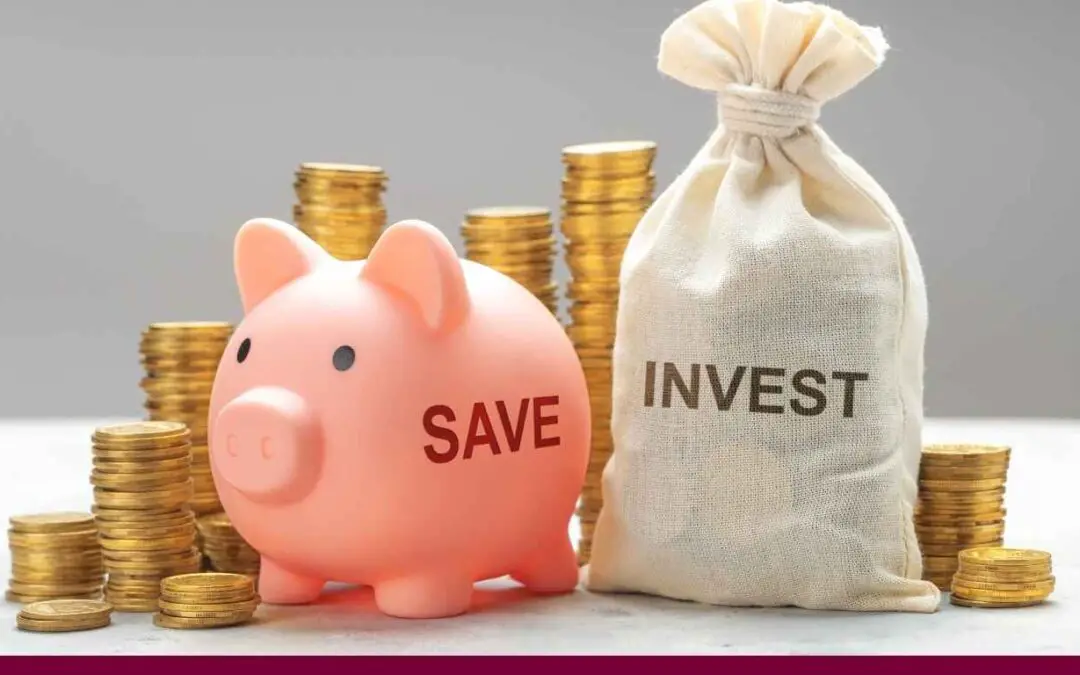



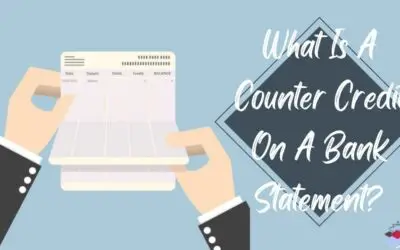
0 Comments